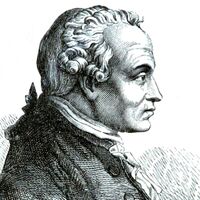Job says what he thinks and feels, and how every person would likely feel in his position. His friends, on the other hand, talk as if they were secretly being watched by the powerful Ruler whose case is open to their verdict, and as if, in making their verdict, they cared more about winning His favor than about the truth. This trickery of maintaining something just to keep up appearances, contrary to their true beliefs, feigning a conviction they did not have, stands in stark contrast to Job’s candor, which is so far removed from flattery that it borders on audacity, but nevertheless casts him in a very favorable light.
